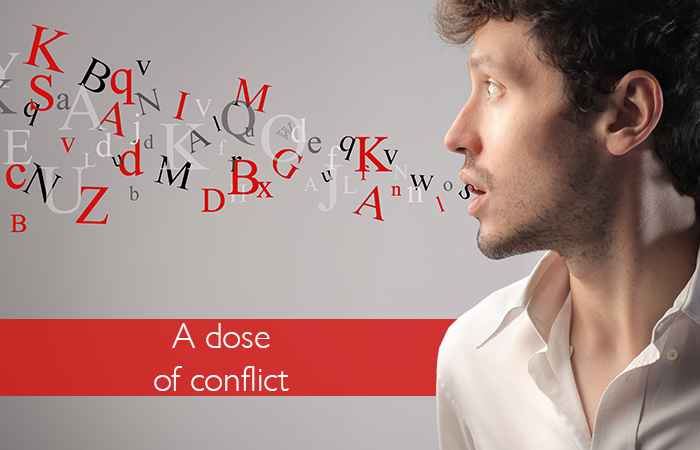In today’s communications the most aggressive tactics are rewarded, including those that aim to eliminate opposing politicians; using a “no holds barred” approach to discredit others personally. The clashes are a bit like talk show television.

A common habit
In the United States these days we see a great deal of financial resources in political campaigns used for negative communication (so called “attack ads”). In Italy political campaigns seem to be increasingly directed at attacking and trying to disqualify opponents rather than giving a positive message about the candidates or propositions. The recent impeachment of the President of Brazil, Dilma Rousseff, began with a strong campaign against her work. After a bitter election, Spanish political parties are now unable to form a government. We could rattle off many examples both recent and past that are similar to these. The apparent success of these campaigns, which were based on discrediting their opponents, seems to have motivated an investment in this type of communication. The political communication lexicon appears to be directly borrowed from the military: political encirclement, mobilization, deployment, confrontation, ultimatums…
The necessary dose of conflict
For journalists, a politician’s marketability depends on the amount of conflict that the facts present. It is precisely the interruption of ordinary events caused by opposition and hostile acts that create interest, reducing the complexity of issues, which is the very essence of journalism. The tendency towards simplification is extremely strong and sometimes so trivial that when a political leader identifies an effective statement it is repeated ad nauseam in all the newspapers and television news. There are notable examples in all political camps. Aggressiveness is a dynamic element and it is profitable. Normally one does not listen to it, the message is lost. What becomes important is to be forceful and shout over others.
The redevelopment of language
To contain political aggression it is important to redevelop language. If the starting point of politics is to legislate and to administer, juridic language should be used not only in political negotiation, but also in public contexts where confrontation comes easily and takes shape. This mode will also uplift political discussion. It is not worthwhile to always be against things; citizens are disgusted by how low discussion of public issues has gone.


